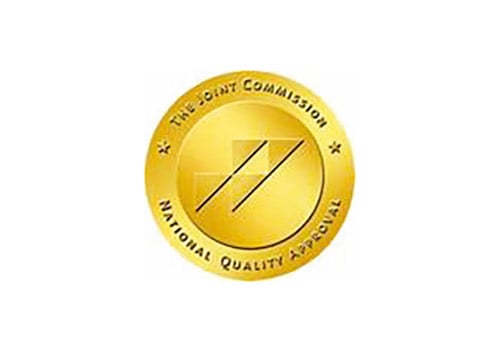
I recently met with a parent and when asked how frequently they praise or compliment their child the response was, “All the time!” However, once sitting with them and observing the interaction between parent and child, there was little direct praise. At times there was “good job” or a “thank you”—however not much more. Good job with what? Thanks for what? After the observation the parent relayed that often their child is misbehaving, therefore the focus has become disciplining that behavior rather than praising the one instance they did the opposite.
In our daily hustle of being parents it’s easy to skip over the little things. It’s easy to ignore that your child took their shoes off at the front door instead of dragging the mud all over the house. However, is it as easy to ignore them when they run into the house with their muddy sneakers?!
We so often give attention when our children do something we are not in agreement with. However, do we stop to acknowledge when they do what we want? It seems almost easier to recognize those “problem behaviors” our children exhibit, but why is it so much harder to stop and recognize those positive moments?
The answer to that comes in many forms. Parental stress, exhaustion, frustration—to name a few. The initial reaction ingrained in us is often to get upset and notice what we don’t want to happen and what we shouldn’t do. We think if we constantly tell our children not to run into the house with muddy sneakers they will magically just stop—which, granted, there are many children who just might. It’s often easy to say “no” or “don’t” to our kids. But to step back, take a minute and notice the less-obvious things is that much more difficult.
Kids thrive on attention. Attention seeking is a normal part of child development. It is our role as parents, caregivers and teachers to guide our children and to give them tools to succeed. Part of this can be done by giving attention to those positive behaviors we want to encourage. That ONE time your child took his muddy shoes off before running onto the living room carpet—“GREAT JOB TAKING YOUR SHOES OFF.” A child who receives that feedback will be more likely to do it again.
The child who sits at the Shabbat table nicely but gets no attention, and therefore starts to hide under the table because she gets attention for it, will continue to go under the table every Shabbat because her family gives her attention for doing so.
Don’t get me wrong; discipline is important, and a child should receive some level of discipline for hiding under the table if she’s being asked not to. However, it is likely that the discipline would be diminished if every time the child sat at the table she received some positive praise for it. Who wouldn’t want to continue sitting on the chair at the Shabbat table if mom and dad were telling me how great I am for it?!
One of the first skills I work on with parents is praise—positive praise. This mind shift is not easy; it takes effort and consistency. But doesn’t all parenting take that? Praise, like water, helps all things grow. Let’s help our kids grow. Let’s work on taking a breath, recognizing, and giving that praise. Hopefully, with some consistency it will all be worth it!
Rachel Salamon is a licensed clinical social worker in New York. She provides individual and group therapy to clients with various mental health concerns. Rachel works with clients on implementing behavior modifications to improve overall mental health. She is trained in Parent Child Interaction Therapy (PCIT) and currently accepting new clients. Rachel can be reached at RSalamon.LCSW@gmail.com










